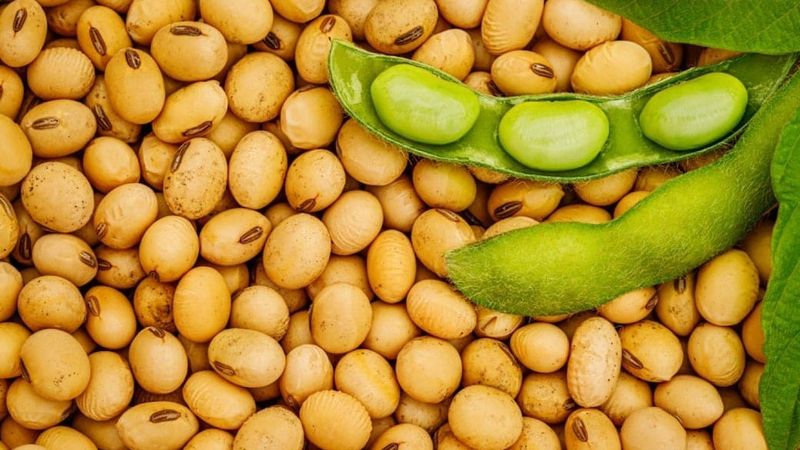(3 minutes read)
The Chinese Minister of Agriculture, Tang Renjian assured Zambian farmers of a guaranteed market, emphasizing that China is eager to purchase substantial quantities of soya beans, regardless of the volume.
The Chinese Minister of Agriculture, Tang Renjian assured Zambian farmers of a guaranteed market, emphasizing that China is eager to purchase substantial quantities of soya beans, regardless of the volume.
He urged the Zambian farmers to ramp up their cultivation of soya beans with the intention of exporting the produce to China. Minister Tang conveyed that Zambian farmers need only to prepare their land and engage with experts from the Agricultural Technology Demonstration Center (ATDC) to ensure successful cultivation. He acknowledged the impressive operations of ATDC and indicated the center’s commitment to employing advanced equipment to enhance its delivery of services.
Read Also:
https://trendsnafrica.com/zambia-lays-importance-to-up-agricultural-production/
https://trendsnafrica.com/ghana-restricts-export-of-maize-and-soya-beans/
During his visit to Zambia, Minister Tang, highlighted China’s reliance on imported soya beans as a staple food item, emphasizing the potential for a mutually beneficial trade partnership.
His counterpart Reuben Mtolo, expressed the Zambian government’s willingness to collaborate with ATDC in fostering increased soya bean cultivation for export. He also appealed for support in conducting soil mapping, a crucial step in optimizing crop growth. Minister Mtolo underscored the importance of joint ventures, suggesting the involvement of Chinese experts equipped with irrigation and other necessary equipment to aid in achieving a globally significant level of soya bean production in Zambia.
Read Also:
https://trendsnafrica.com/zambia-to-implement-programs-to-help-farmers-by-providing-timely-inputs/
Today China relies on imports for over 80% of its soybean consumption, with those purchases concentrated in a few key countries led by Brazil and the US. The nation’s low self-sufficiency for a crop used in everything from animal feed to cooking oil is seen as a critical vulnerability, according to the government. In staples like wheat and rice, China is generally able to feed itself, though imports of wheat have been surging.





